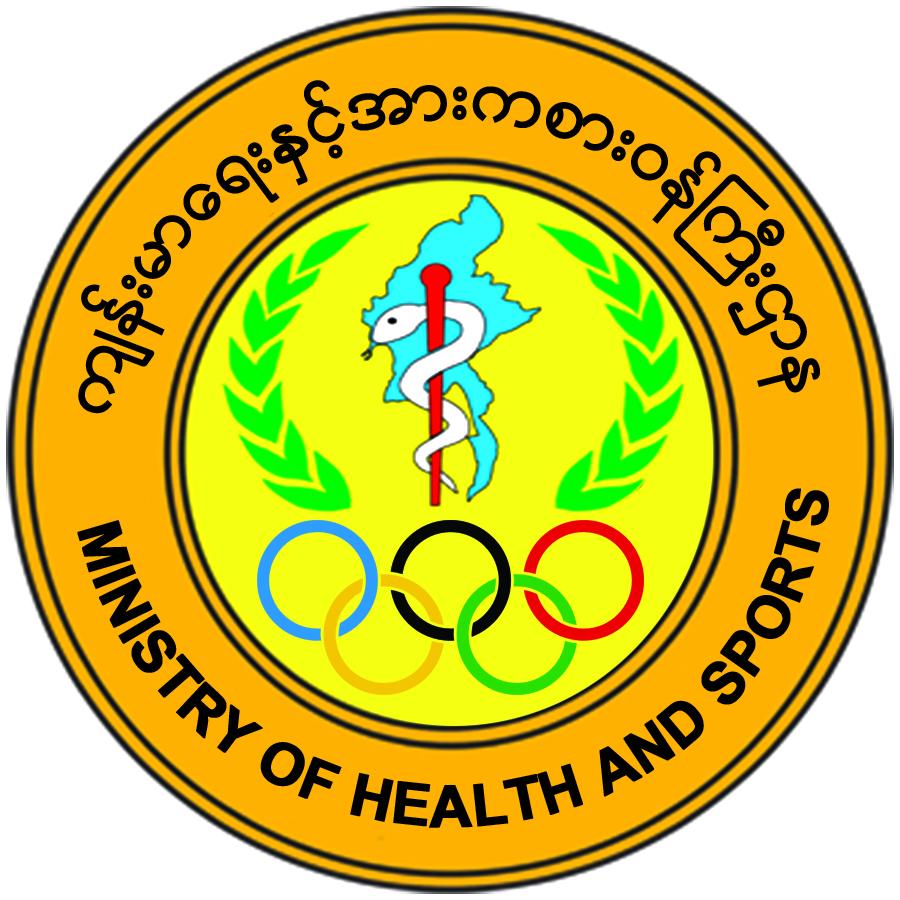
UNESCO Bangkok and Myanmar’s Ministry of Health have opened the door to further collaboration on the HIV and AIDS response in the country following recent meetings in Nay Pyi Taw.
Justine Sass, Chief of UNESCO Bangkok’s HIV Prevention and Health Promotion Unit, and Dr Pyi Pyi Phyo, National Programme Officer (HIV and AIDS) Myanmar, met Deputy Minister of Health Thein Thein Htay and other high level officials from Myanmar’s Health Ministry during a trip to the capital from 2-5 February 2015.
Since 2012, UNESCO has been working on HIV prevention among Myanmar youth, particularly those from young key populations at higher risk of HIV exposure (*).
UNESCO’s support aims to contribute to reduced HIV transmission among young people through strengthened prevention efforts addressing sexual risk-taking, stigma and discrimination.
Much of UNESCO’s efforts in this area have centered on providing technical and financial support to community and civil society groups in Myanmar. UNESCO also now seeks to broaden its activities in the country through further collaboration with government health officials.
Ms Sass met with Her Excellency, Dr Thein Thein Htay on 5 February. Her Excellency acknowledged that HIV and AIDS were a serious concern in the country and expressed her appreciation for UNESCO’s work in supporting young people to prevent the transmission of HIV as well as the organization’s health promotion efforts among youth.
The deputy minister also shared her experiences at last year’s 20th International AIDS Conference in Melbourne and discussed Myanmar’s hosting of the 8th Asia-Pacific Conference on Reproductive and Sexual Health and Rights (8th APCRSHR) in 2016.
Ms Sass shared UNESCO’s work in advocacy and planning for the conferences, and the important opportunities that these platforms offer to showcase innovation and to demonstrate commitment in addressing young people’s rights to health. Her Excellency welcomed UNESCO’s support for next year’s APCRSHR event and further work on sexual and reproductive health for young people in Myanmar. “Thank you very much for all of the support UNESCO has provided in Myanmar,” she told the two UNESCO representatives.
During the visit, Ms Sass and Dr Pyi Pyi also met with Dr Myint Han, Director-General of the Department of Health; Dr. Soe Lwin Nyein, Deputy Director-General of the Department of Health; and Dr Thander Lwin, Director of Disease Control at the Department of Health to discuss further opportunities for UNESCO collaboration.
The discussions on UNESCO’s activities in health promotion and HIV prevention and opportunities for future collaboration were productive, and action planning to advance further cooperation is now well-underway. Advocacy and capacity development on the needs and rights of young key populations are anticipated for 2015, in partnership with other UN agencies including UNAIDS, UNICEF, UNFPA and UNDP and the International HIV/AIDS Alliance’s Link Up project.
----
(*) Young key populations at higher risk of HIV exposure include anyone between the ages of 10 and 24 years who is most likely to be exposed to HIV or to transmit it. This includes young men who have sex with men, transgender persons, people who inject drugs, sex workers and their clients and people living with HIV.
